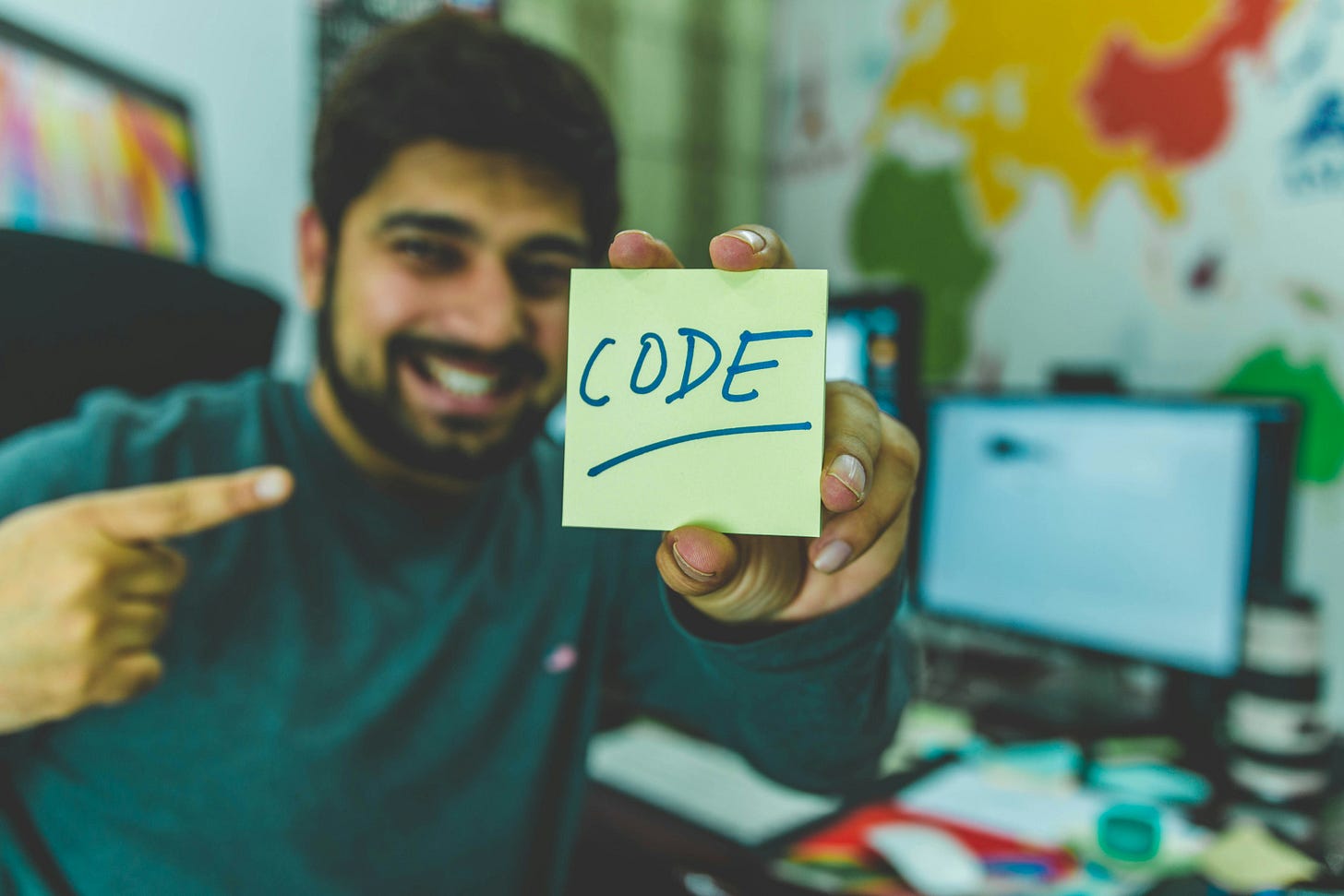
I’ve called Bad Science Fiction (BSF) 1.0 a wrap.
BSF 2.0 is coming—when it’s ready.
In the meantime, I’ve been thinking about what I’ve learned—AI-ish lessons worth sharing.
Here’s one: I’ve added Claude Code to my stable of AI consultants who helped with BSF 1.0 (OpenAI ChatGPT Plus and Anthropic Pro models), and it’s already changing how I approach AI and coding.
Just a few quick notes for now—
Point 1: Setting up Claude Code was surprisingly easy. I followed this doc, used the Git for Windows approach, and ran it straight from my PyCharm’s terminal—no plugin required. Piece of cake.
Point 2: Claude Code turned out to be a much bigger boost to my workflow than I expected.
I still lean on my robust and eager AI consultants for analysis and prompt/context engineering—but now, when I’m ready to use their output, I hand it off to Claude Code. It interprets, massages, and reconciles their output with the code far more cleanly than I could by manually tooling it in—fewer errors in less time.
Point 3: Why is this a big deal? Because the state of the art says that you’re basically a Context Engineering boss now. In my case, it means I like to work directly with my stable of reasoning models—digging into the problem and refining the problem statement on the side through careful prompting and context structuring. Iterate until it hums. Then let Claude Code make it real.
The takeaways?
Claude Code is dead simple to set up—and it's free with Anthropic Pro (which is handy in my case).
Use AI to use AI. Tools that help you wrangle other AI are massive wins these days.


